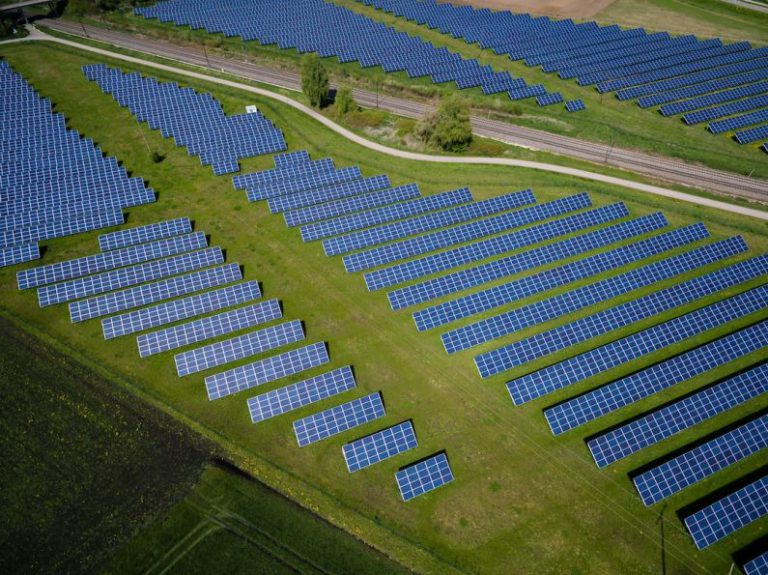How to Reduce Your Carbon Footprint with a Vegan Diet?
In recent years, there has been growing concern about the impact of human activities on the environment. One significant contributor to climate change is the production and consumption of animal products. Adopting a vegan diet is one effective way to reduce your carbon footprint and make a positive impact on the planet. Here are some key ways in which a vegan diet can help mitigate climate change.
Reduced Greenhouse Gas Emissions
Animal agriculture is a major source of greenhouse gas emissions, particularly methane and nitrous oxide. According to the Food and Agriculture Organization of the United Nations, livestock production is responsible for about 14.5% of global greenhouse gas emissions. By eliminating animal products from your diet, you can significantly reduce your personal carbon footprint.
Animal agriculture contributes to greenhouse gas emissions in various ways. Raising animals for meat and dairy requires vast amounts of land, water, and feed. The production and transportation of animal feed, as well as manure management, also generate greenhouse gases. By choosing plant-based alternatives, you can minimize these emissions and help combat climate change.
Preservation of Natural Resources
Animal agriculture is a resource-intensive industry. Livestock farming requires vast amounts of land, water, and feed. Clearing land for animal grazing or growing animal feed crops contributes to deforestation and habitat destruction, leading to the loss of biodiversity. Additionally, the water footprint of animal products is much higher compared to plant-based alternatives.
By shifting to a vegan diet, you can help conserve natural resources. Plant-based foods require less land, water, and energy to produce. Growing crops for human consumption is more efficient and sustainable compared to raising animals for meat and dairy. By reducing the demand for animal products, we can alleviate the strain on our planet’s resources.
Mitigation of Water Scarcity
Water scarcity is a pressing global issue, affecting over two billion people worldwide. Animal agriculture is a significant contributor to this problem. It takes vast amounts of water to raise animals for meat and dairy. Additionally, the pollution caused by animal waste contaminates water sources, further exacerbating the issue.
By adopting a vegan diet, you can help mitigate water scarcity. Plant-based foods generally have a lower water footprint compared to animal products. Growing crops for direct human consumption instead of animal feed can help conserve water resources. By making conscious choices about what we eat, we can contribute to a more sustainable and water-secure future.
Promotion of Sustainable Agriculture
Choosing a vegan diet also supports the promotion of sustainable agriculture practices. Animal agriculture often relies on intensive farming methods that involve the use of pesticides, fertilizers, and antibiotics. These practices have detrimental effects on the environment, including soil erosion, water pollution, and biodiversity loss.
On the other hand, plant-based agriculture can be more sustainable and environmentally friendly. Organic farming methods, crop rotation, and agroforestry are some of the sustainable practices that can help minimize the negative impacts of agriculture. By consuming plant-based foods, you are supporting these sustainable farming practices and contributing to a healthier planet.
Conclusion: A Sustainable Choice for the Future
In conclusion, adopting a vegan diet offers a powerful way to reduce your carbon footprint and contribute to a sustainable future. By eliminating animal products from your diet, you can significantly reduce greenhouse gas emissions, preserve natural resources, mitigate water scarcity, and support sustainable agriculture. Every individual has the power to make a positive change, and choosing a vegan lifestyle is a simple yet impactful way to do so. Let’s embrace the power of our dietary choices and work towards a more sustainable and environmentally conscious world.






